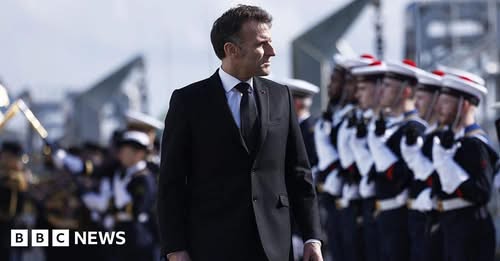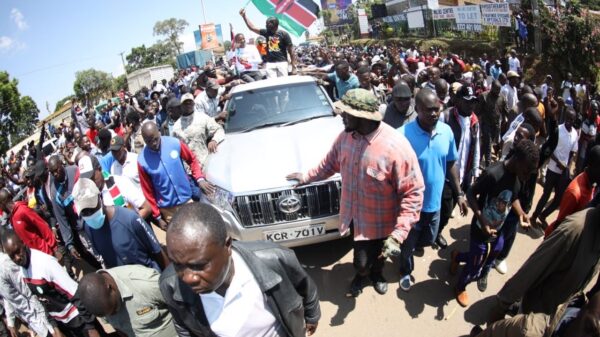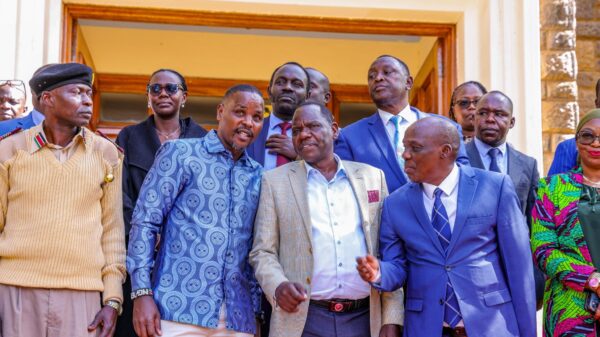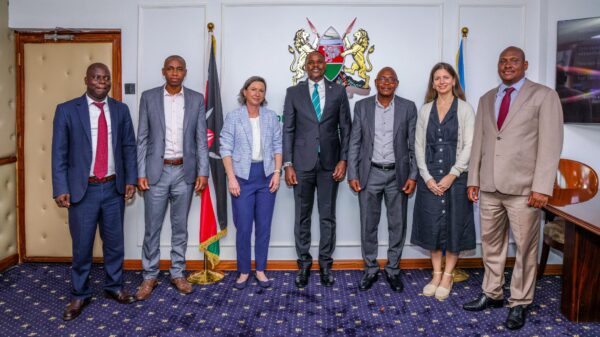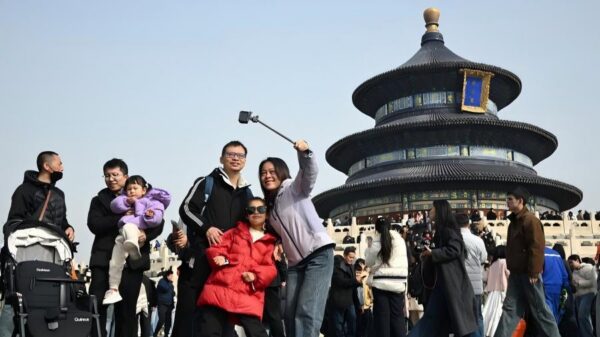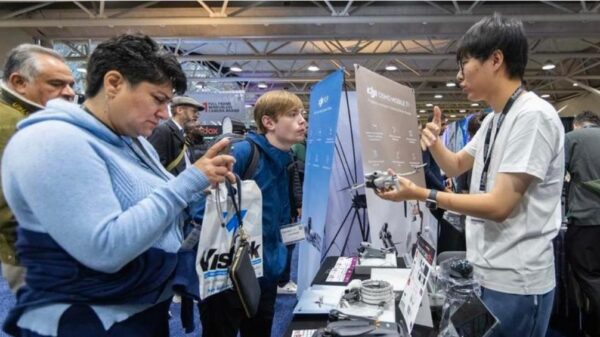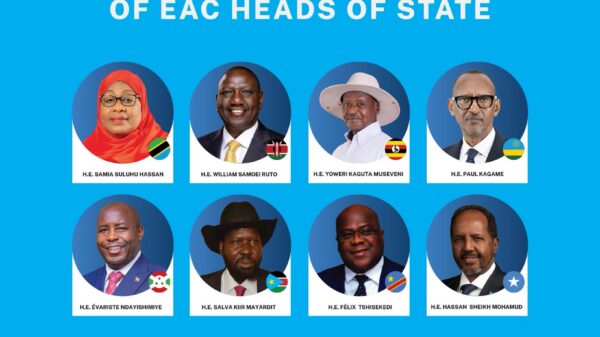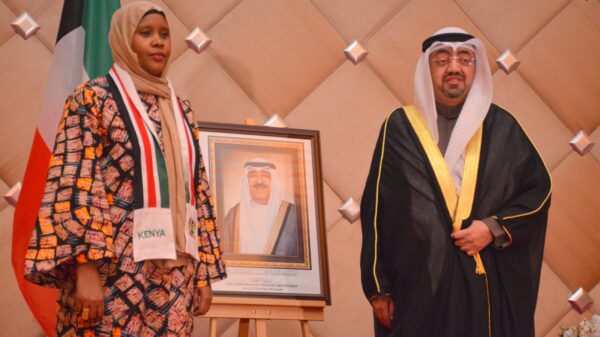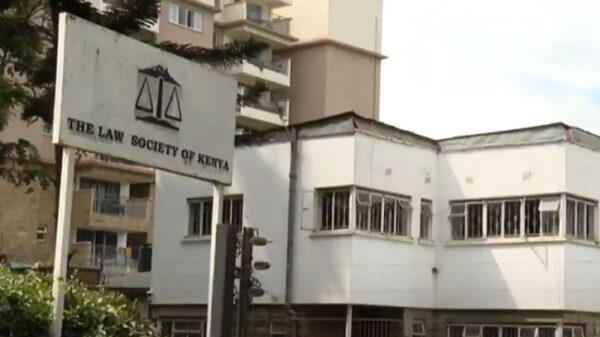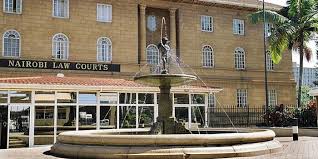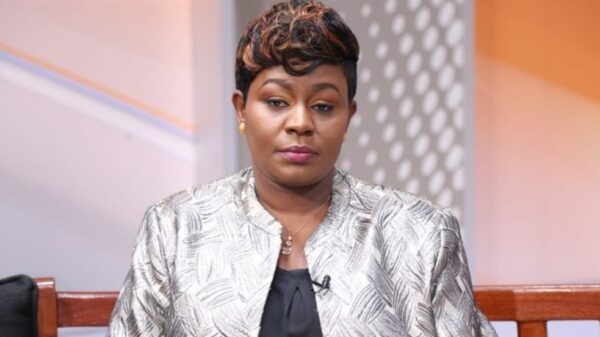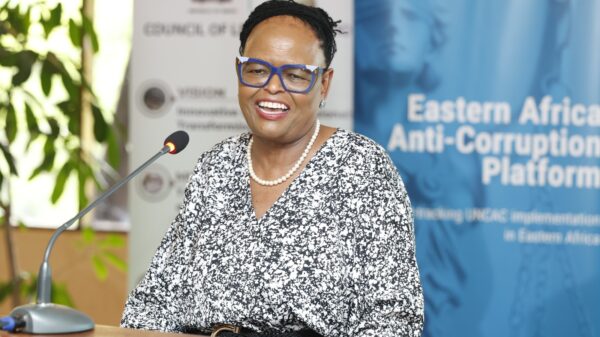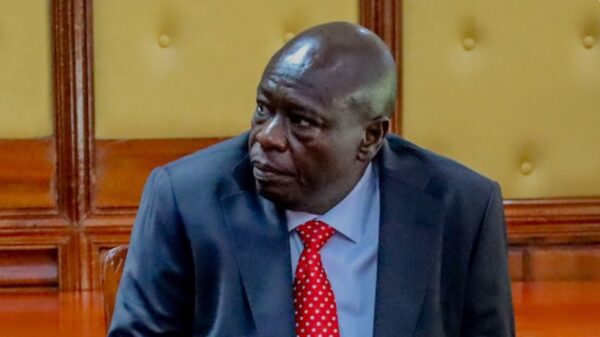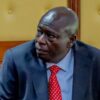NAIROBI, Kenya, Nov 14 — The Supreme Court will on Friday host the finals of the 2nd Annual Supreme Court Moot Court Competition, capping a three-day contest that has brought together law students from sixteen universities across the country.
A distinguished five-judge bench comprising Chief Justice Martha Koome — presiding — and Justices Isaac Lenaola, William Ouko, Katelijne Declerck of Belgium, and Catherine Koutsopoulou of Greece will hear the finals.
The Judiciary noted that the inclusion of international judges underscores the event’s expanding global profile.
The Competition is a flagship component of the Supreme Court’s mentorship programme, created to inspire future legal professionals by enhancing their research, drafting, reasoning, and courtroom advocacy.
In a brief released on Thursday, the Judiciary emphasized that the programme is “designed to nurture young legal minds, strengthen advocacy skills, and inspire the next generation of lawyers.”
This year’s edition, held from November 12 to 14, has challenged students to engage with some of the most critical and fast-evolving areas of modern jurisprudence.
The preliminary rounds focused heavily on international law, particularly refugee and migration rights—a theme the Court said reflects “the urgent human rights challenges facing the world today.”
The finals add an additional layer of complexity, requiring competitors to address cross-cutting issues in human rights, administrative law, refugee protection, and the implications of artificial intelligence on governance and individual freedoms.
Evolving challenges
The topics mirror the global legal discourse and the evolving challenges that courts worldwide continue to confront.
The Judiciary noted that the competition’s timing was deliberate, serving as a curtain-raiser for the International Association of Refugee and Migration Judges (IARMJ) Conference, which Kenya will host from November 17 to 21, 2025.
“It is a privilege for Kenya to host the inaugural IARMJ Conference, which will bring together distinguished jurists and scholars from across the globe,” the Court stated.
Finalists selected from rigorous earlier rounds will argue before the five-judge bench in proceedings structured to mirror actual Supreme Court sessions—testing their ability to craft persuasive arguments, interpret complex legal principles, and demonstrate courtroom discipline.
Now in its second year, the Supreme Court Moot Competition has quickly become a premier platform for mentoring young legal talent.
It also reinforces Kenya’s growing role as a regional hub for judicial education, international legal engagement, and the promotion of global human rights standards.




